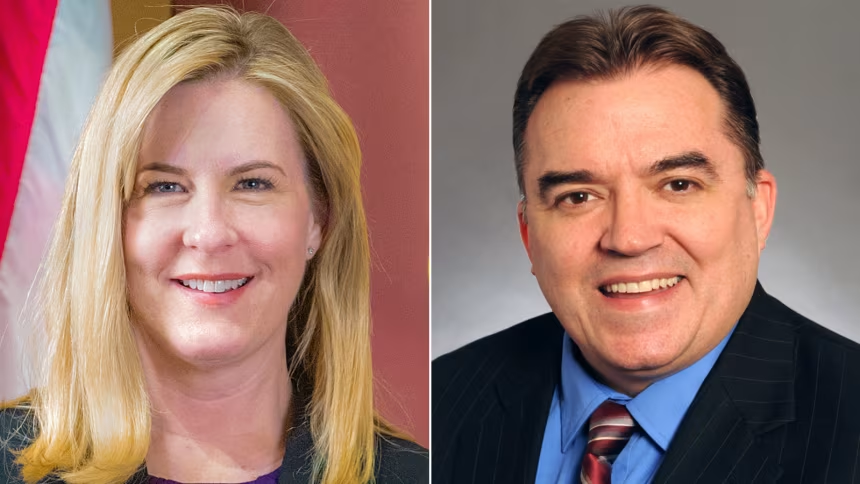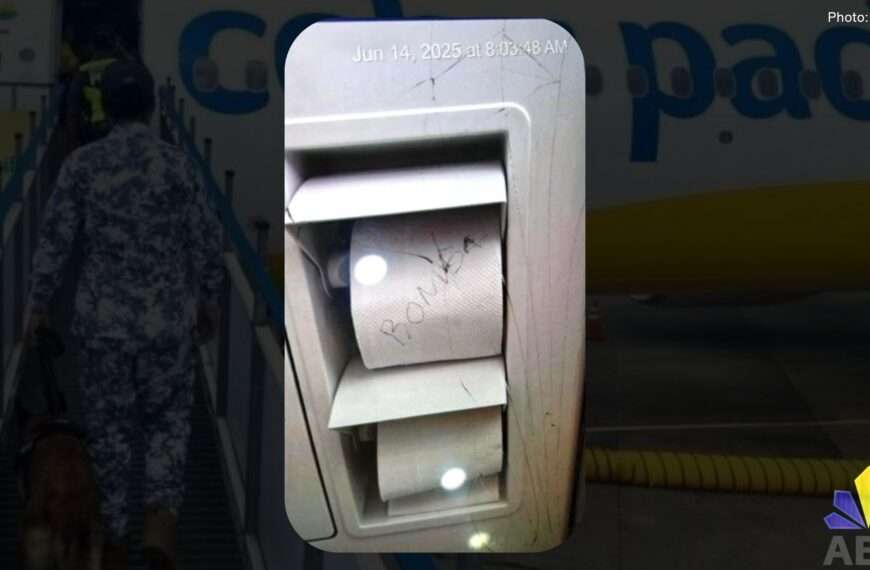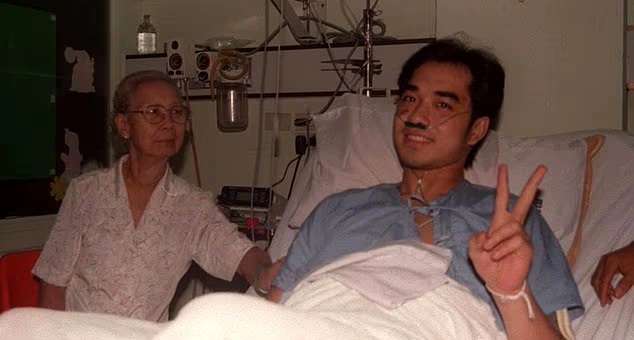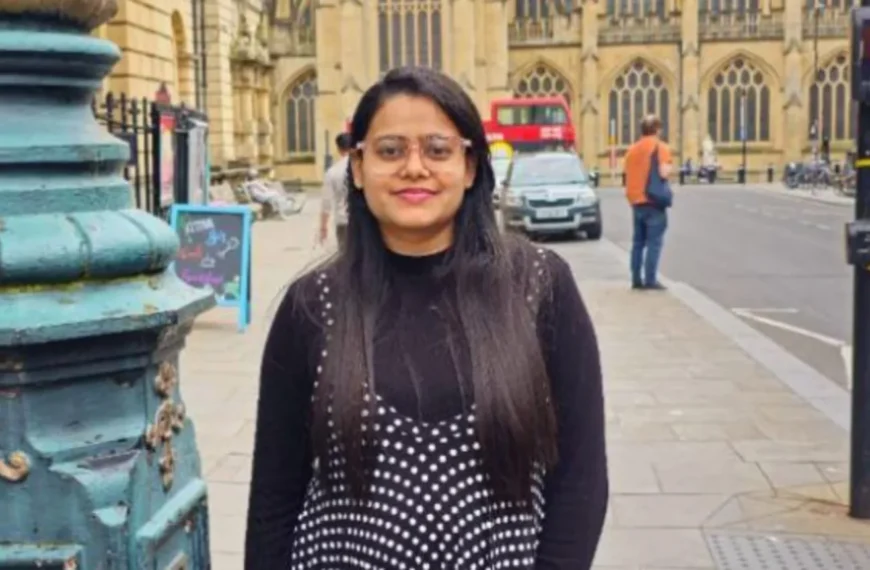Opposition candidate Lee Jae-myung wins South Korean presidency
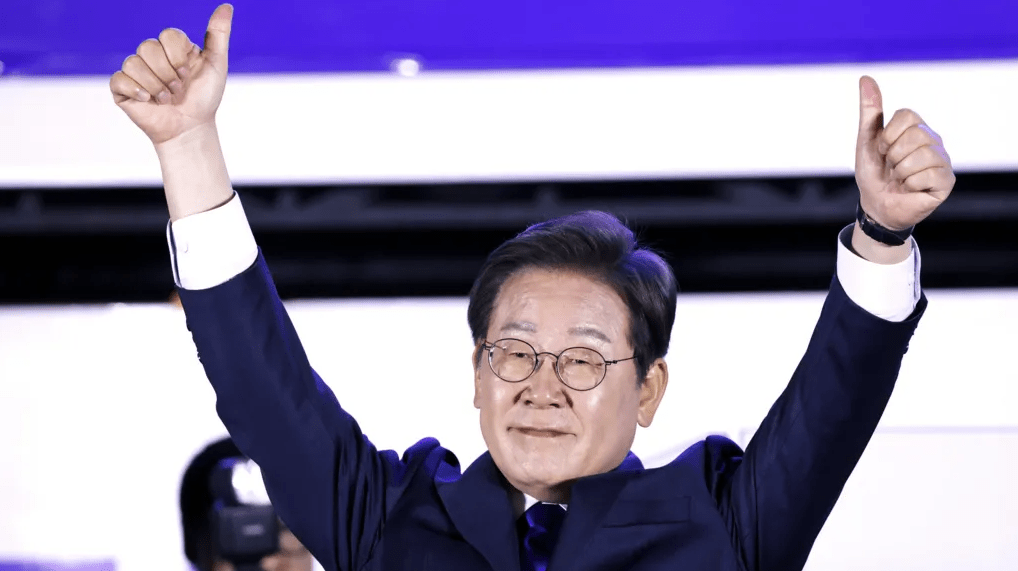
In a snap election following months of unprecedented political turmoil, opposition candidate Lee Jae-myung has won the South Korean presidency. The decisive victory comes six months after former President Yoon Suk Yeol’s martial law declaration led to his impeachment and removal from office.
Lee Jae-myung, 61, defeated ruling party candidate Kim Moon-soo, who conceded defeat in the early hours of Wednesday, June 4, 2025. This marks a remarkable comeback for Lee, who narrowly lost his previous presidential bid to Yoon three years ago.
Analysts suggest Lee’s win is largely a rejection of the ruling People Power Party (PPP), which was heavily tarnished by Yoon’s actions. “Voters weren’t necessarily expressing strong support for Lee’s agenda, rather they were responding to what they saw as a breakdown of democracy,” said Park Sung-min, president of Min Consulting. He added that the election served as a “clear rebuke of the ruling party, which had been complicit in or directly responsible for the martial law measures,” showing voters prioritized democracy “above all else.”
The political chaos that followed Yoon’s departure left the PPP divided and in disarray, with infighting even among interim leaders. This instability largely benefited Lee and the opposition Democratic Party, who projected greater stability.
However, Lee faces significant challenges. Domestically, his biggest task is to unite a deeply polarized nation. He also faces a pending Supreme Court trial over charges of violating election law, though sitting presidents are generally immune from criminal prosecution except for insurrection or treason. In his first remarks, Lee hinted at his win and stated that “recovering” South Korea’s democracy would be his first priority.
Internationally, a crucial challenge will be negotiating a new trade deal with the incoming Trump administration in the United States to mitigate potential tariffs from South Korea’s closest ally and key trading partner.
Lee, a former human rights lawyer with a working-class background, campaigned on a more centrist platform this time after a more liberal approach in his previous bid. Despite his controversial past, he has built a loyal base. In office, he will need to work across the aisle with the PPP to rebuild public trust.
The election saw a high voter turnout of 79.4%, the highest since 1997, driven by a desire to hold the previous government accountable and the strong interest in the outcome. While Yoon no longer holds office, his vocal support base, including young male voters and the elderly, remains a factor, with some still believing his martial law declaration was necessary. Lee Jun Seok, a presidential candidate who dropped out earlier on Tuesday, has emerged as a potential figure for this base due to his anti-feminist views.
Lee Jae-myung pledged to reporters, “I will do my utmost to fulfil the great responsibility and mission entrusted to me, so as not to disappoint the expectations of our people.”





![[EXCLUSIVE] Huge fire reported at Ricoa building in Mandaluyong, EDSA](https://asiabiznetwork.com/wp-content/uploads/2025/06/5-870x570.png)

